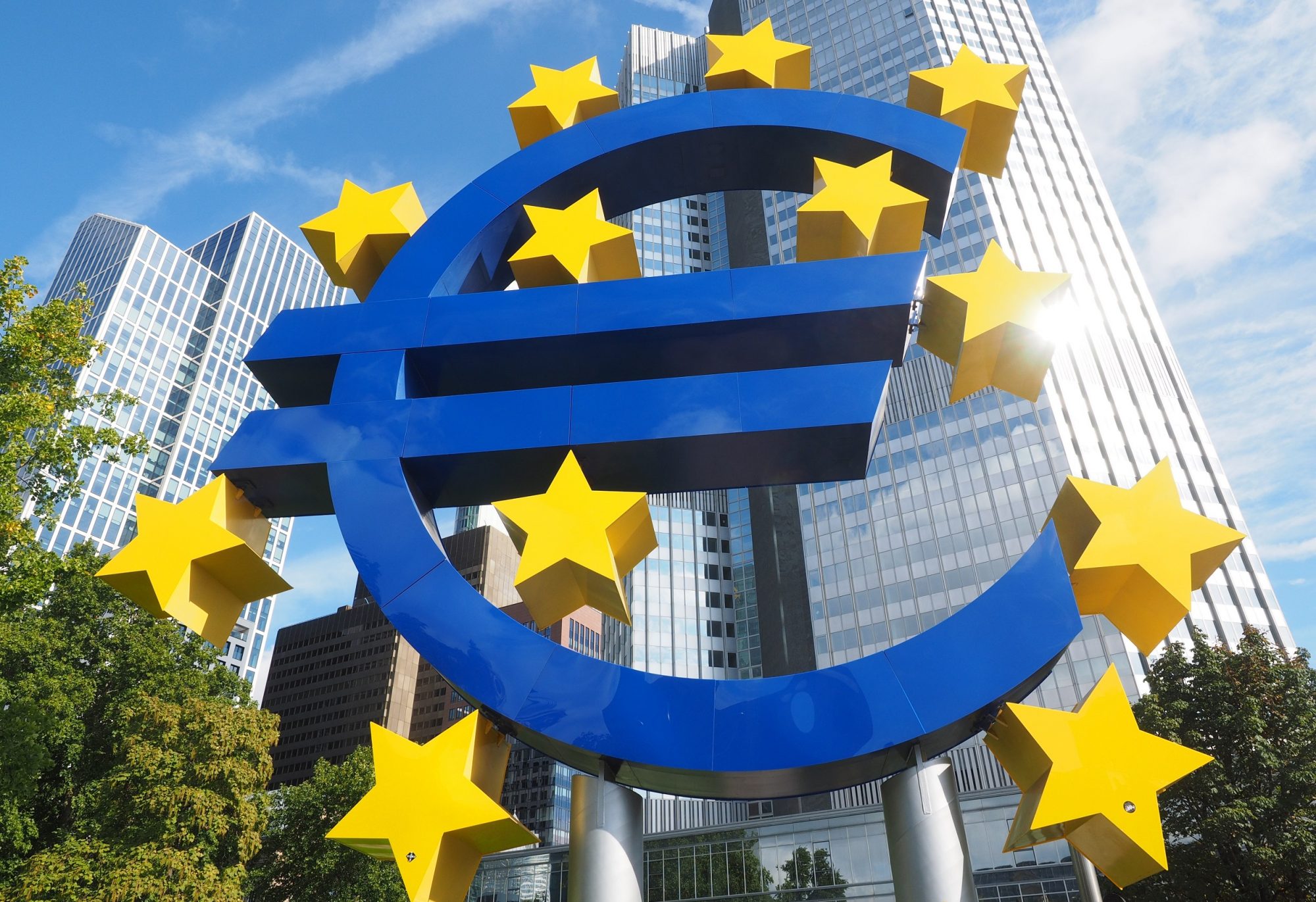Since 2015, the EBRD has been investing in the Greek recovery, with €4.2 billion invested (€800m in 2020 alone) in more than 70 private sector projects by end-2020. Our mandate in Greece runs to the end of 2025, so where should we focus our activities to have the most impact between now and then? This is where the Greece diagnostic comes in. It is an independent view (not necessarily that of the EBRD) of some of the main issues facing the Greek economy, looking at selected obstacles to private sector development and assessing how serious they are. If these obstacles can be tackled successfully, EBRD investment alongside other private investors can turbocharge a rapid and sustainable recovery after the Covid-19 pandemic.
The framework we use in the diagnostic is the EBRD “assessment of transition qualities (ATQ)” approach, which underlies all EBRD operations and policy interventions. In essence, ATQs are an attempt to measure where countries stand in terms of six desirable qualities of a sustainable market economy. The six qualities are: competitive, well-governed, green, inclusive, resilient, and integrated, and a numerical scale is used to measure each one, from 1 (worst) to 10 (best). The ATQs are data-driven and can be applied in principle to all countries, not just those where the EBRD is investing.
Greece scores poorly on the ATQs relative to other EU countries where the EBRD invests. Looking at the ATQ scores, Greece is well behind the advanced comparator countries on most qualities (exceptions being green and resilience, where the gaps are smaller). Governance remains Greece’s Achilles heel – where the country receives its lowest score and is below all other EU countries included in the analysis.
Public governance problems are being addressed, from a low base. However, persistent issues that are being tackled only gradually, in the areas of public administration, tax administration reform and the rule of law, keep Greece below EU averages when measuring the overall efficiency of the system. More specifically, our research found that Greece’s scores in the Worldwide Governance Indicators (WGI) by the World Bank are also below the average of new EU member states (EU-13), while the picture remains the same in our in-house ATQs for the well-governed quality when compared with other assessed EU countries. The prevalence of legalism and large-scale bureaucracy caused by the complex regulatory system has a severe impact on the investment climate. The legal inefficiency, in turn, has led to large backlogs of civil and administrative cases. As a result, despite the high reform intensity of recent years, Greece still has one of the lowest competitiveness rates among the EU member states, according to the Global Competitiveness Index of the World Economic Forum (WEF).
The latest increase of Greece’s EBRD well-governed (ATQs) score can be attributed to a few recent developments. The Greek public administration has recently developed a Human Resources Management System, including completion of a significant number of digital organigrams and job descriptions. In addition, good progress has been made in the area of public procurement, while the pandemic has worked as a catalyst for the advancement of the digital agenda. It is noteworthy that our comparators (advanced economies) in our ATQs have well-governed as their strongest quality among all six, showing how fundamental governance is for other areas of reform. Good governance, therefore, needs to remain at the heart of the Greek governments’ agenda in coming years.
The banking sector is recovering slowly. The 2009 financial crisis heavily modified the structure of the sector: it is now highly concentrated (from 35 domestic institutions in 2009 to 15 in 2019), almost entirely domestically owned (only 20 foreign banks currently operate with local branches), and less profitable (provisioning remains significant, at 47 per cent in 2018). More generally, bank branches and ATMs have visibly disappeared from the streets of Greek cities in the past decade. Non-performing exposures are still excessive, at 36.7 per cent of all exposures in June 2020, impairing profitability and holding back lending. NPL reduction schemes, such as Hercules, aim at ambitious NPL reduction targets but their long-term effectiveness remains to be tested.
Integration into global value chains is also weak, but economic opportunities abound. Only 20 per cent of Greek value added is produced for foreign demand – this is the second lowest level in the EU on integration into value chains, despite increased integration in recent years. In most sectors, the value added produced remains below potential: for instance, Greece produces 10 per cent of worldwide olives but only 27 per cent of this production reaches the state of branding. Limited integration reflects problems in infrastructure (PwC reports an average shortage in spending of EUR 1.4 billion a year) and barriers to trade, despite the country being well placed to play a leading role in investment (such as the Chinese Belt and Road initiative) and trade linkages in south-eastern Europe.
Inefficient state-owned enterprises remain prominent in the economy, and some privatisations have faced delays. The establishment of the Hellenic Corporation of Assets and Participations (HCAP) (during the third adjustment programme) to manage public property has improved asset management. Important sales include the privatisation of the Piraeus and Thessaloniki ports. But challenges remain: the Hellenic Petroleum privatisation, for example, has so far failed to attract any bids. The current government remains committed to privatisations and progress despite the Covid-19 crisis – although some projects such as the privatisation of 30 per cent of the Athens international Airport have obviously been stalled by the crisis.
Lastly, the country could become a major leader in green energy provided remaining problems in the sector are addressed. Greece is in a strategic location that could make it a major regional energy player, with projects such as the transAdriatic pipeline between Greece and Bulgaria. Such projects can only be successful if the governance of the power company (PPC) is improved. Beyond infrastructure, the targets set by the government to move towards renewable sources of energy are very ambitious. Lignite is set to be phased out by the middle of the current decade, and in Western Macedonia and Megalopolis, the country is at the forefront of the implementation of Just Transition policies. If successful, they will set an example of the best way forward to implement a Just Transition to renewable energies in Europe.
To conclude, it may be worth saying that despite the remaining challenges ahead, we are optimistic about Greece’s prospects for post-pandemic recovery. We currently project 4 per cent growth in 2021, but with upside potential for higher growth and a very strong recovery in 2022. Investors should take another look at Greece – they may be surprised how much opportunity and potential exists!
If you want to get a full read of the diagnostics, click here.
An online research seminar on the topic took place on 19 January 2021, organised by the Hellenic Observatory. For more information please visit the event page.
Note: This article gives the views of the author, not the position of Greece@LSE, the Hellenic Observatory or the London School of Economics.







There’s a lot of talk about how concentrating on “green issues” could hamper the recovery. Placing restrictions in how people open up their businesses doesn’t seem like the right idea right now.